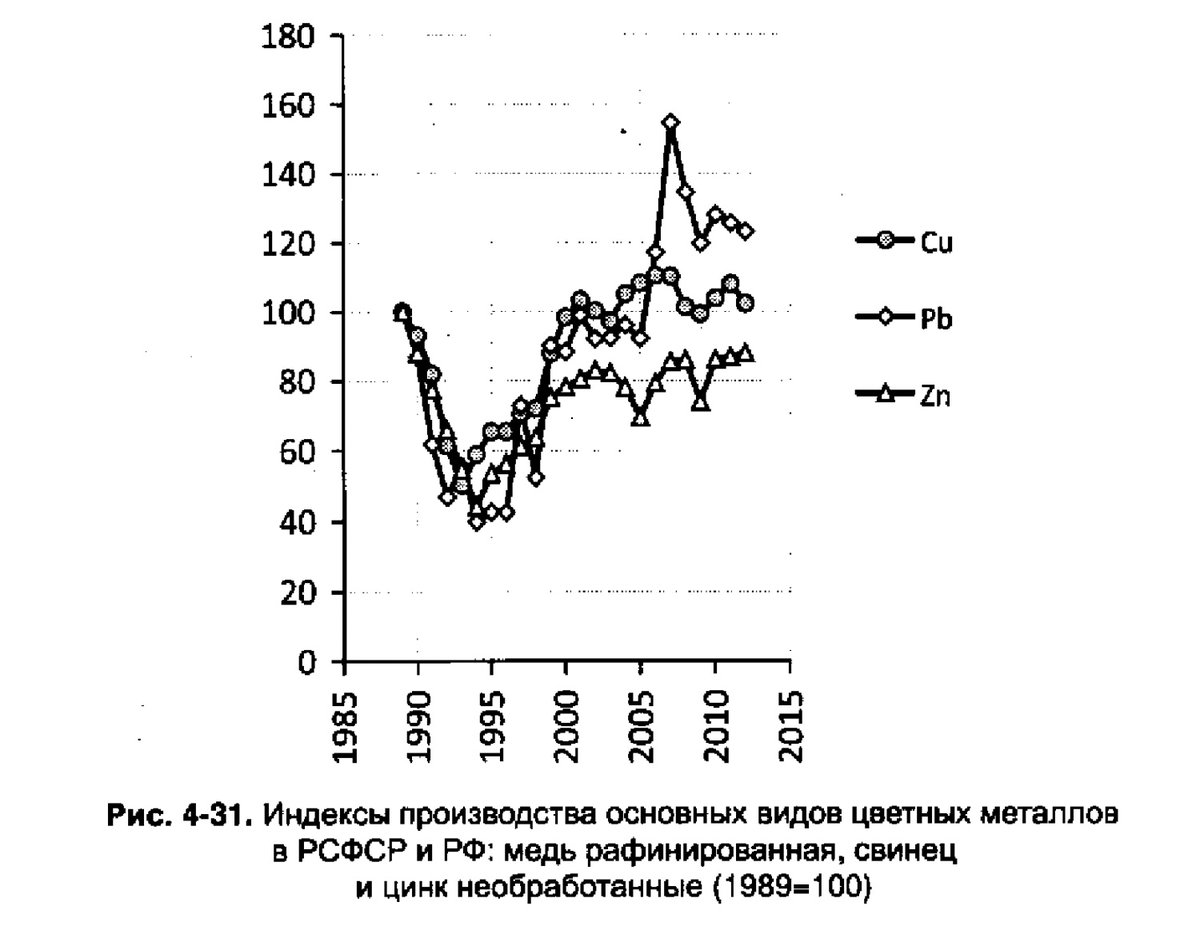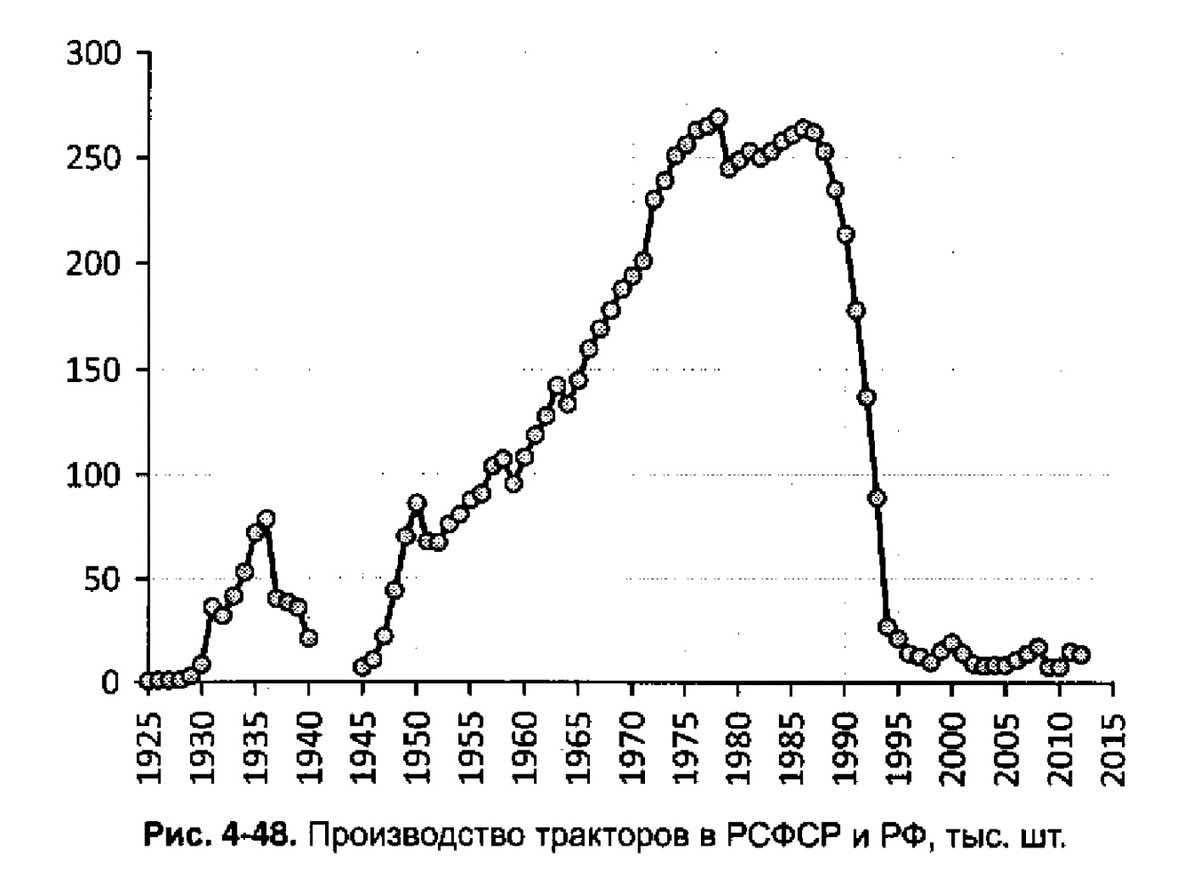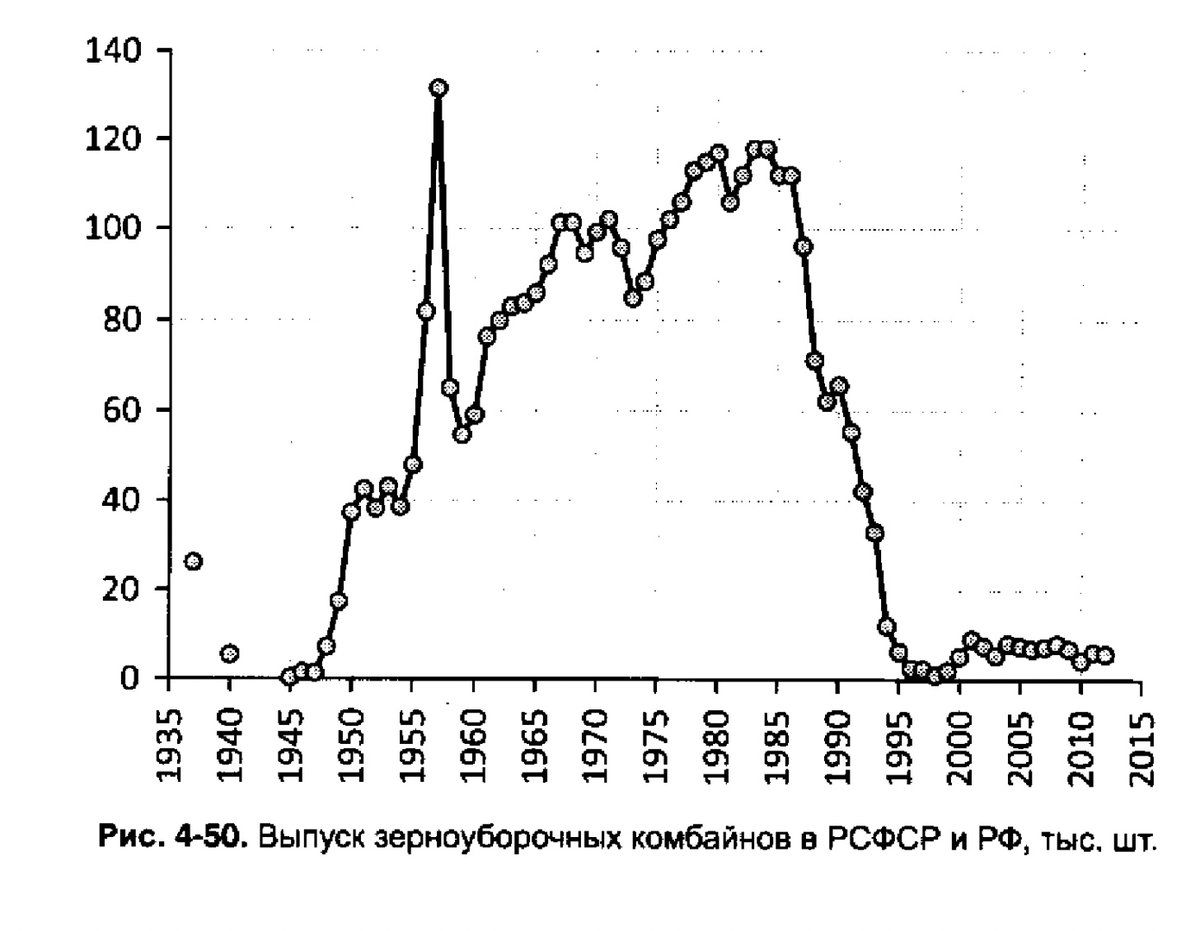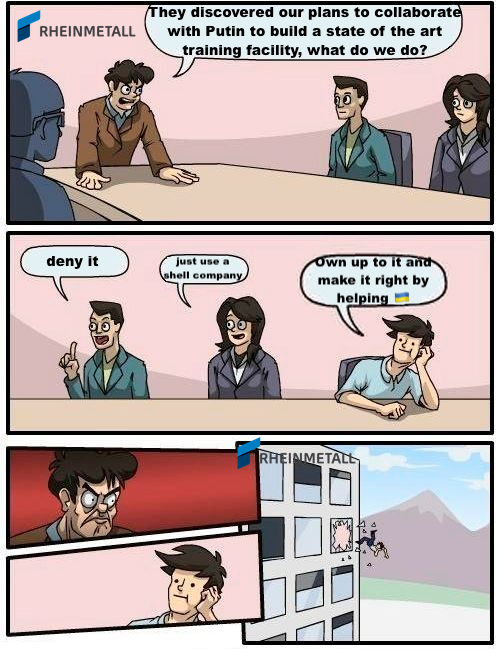151 views
"Radical tradition" in the Civil War context refers to levellers rather than to the parliamentary opposition
Consider Gerrard Winstanley. An appeal to the House of commons, 1649. Civil War was fought between the King who represented the Conqueror and the enslaved English people
Consider Gerrard Winstanley. An appeal to the House of commons, 1649. Civil War was fought between the King who represented the Conqueror and the enslaved English people
Lords of manor are Norman, too, because this institution also originates in the Conquest. So now we need the mass redistribution of land to free it from all the Norman entanglements 

You can access the text here quod.lib.umich.edu/e/eebo/A96689.… 
On the opposing side of political spectrum, Thomas Hobbes uses similar arguments:
You think our king treats us badly? Well, you kinda forgot how we had been treated in the age of the Conqueror
See "A Dialogue Between a Philosopher and a Student of the Common Laws of England"
You think our king treats us badly? Well, you kinda forgot how we had been treated in the age of the Conqueror
See "A Dialogue Between a Philosopher and a Student of the Common Laws of England"
• • •
Missing some Tweet in this thread? You can try to
force a refresh













